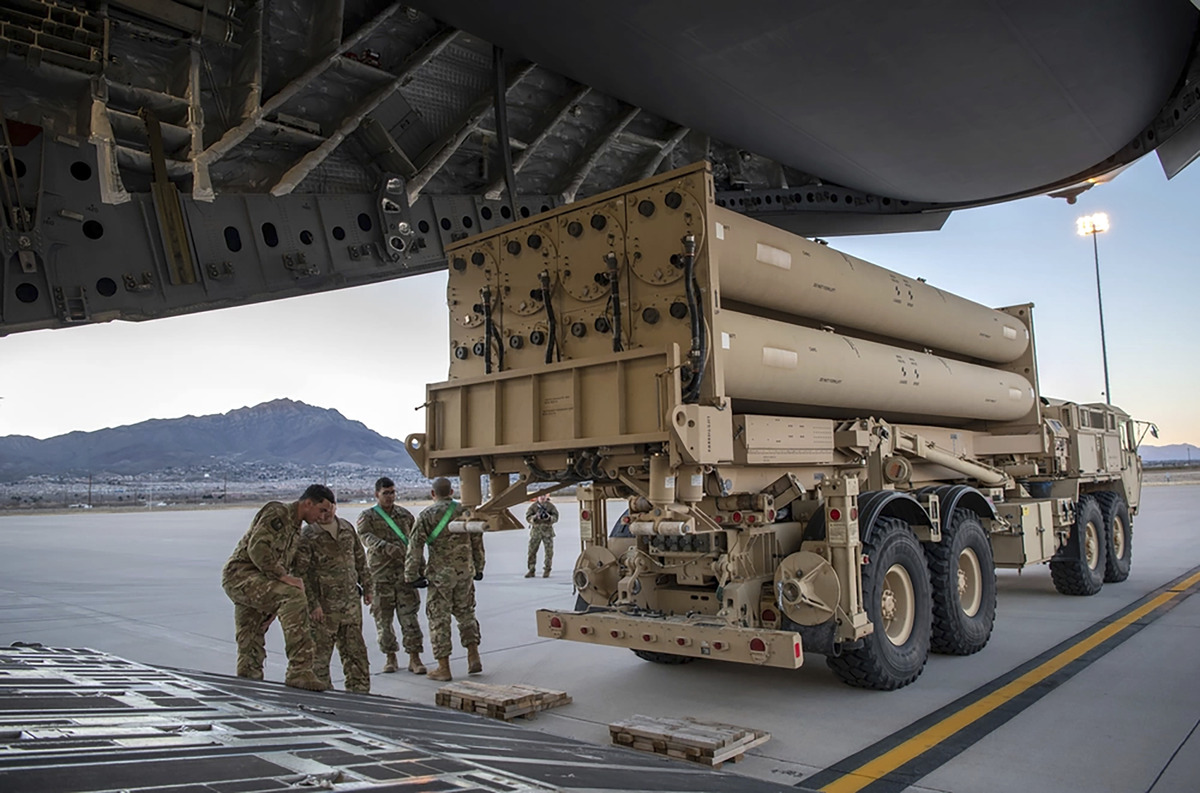The United States is bolstering Israel’s defenses by sending an advanced anti-ballistic missile defense system amid increasing tensions in the region. With the threat of further Iranian attacks looming, the Pentagon announced the deployment of a Terminal High-Altitude Area Defense (THAAD) battery, along with approximately 100 U.S. personnel.
Recently, Iran has launched nearly 200 ballistic missiles at Israel, most of which were intercepted by the Israeli Defense Forces (IDF), although some struck Israeli territory, including military bases, without causing significant damage.
Israel is currently evaluating its response to these attacks, considering military targets in Iran while steering clear of nuclear facilities. A decision is pending, and the Israeli Defense Ministry has yet to provide comments on the situation.
Historically, Israel has targeted high-profile Iranian officials, including Hezbollah’s Hassan Nasrallah in Beirut. Iran’s attacks have become more direct, with mid-April seeing the first missile and drone strikes launched from Iranian soil. This retaliation followed an alleged Israeli strike on its consulate in Syria.

Staff Sgt. Cory D. Payne/U.S. Air Force via AP
U.S. forces played a role in intercepting both rounds of Iranian attacks, with the Pentagon indicating that the recent missile barrage was almost double the magnitude of the earlier strikes. American destroyers engaged by launching interceptor missiles during the latest Iranian offensive.
Over the past year, U.S. support for Israel has remained robust, with over 50,000 tons of military supplies delivered, including armored vehicles and ammunition. The THAAD system will further enhance Israel’s integrated air defense, reinforcing America’s commitment to protect Israel and its citizens against Iranian missile threats.
THAAD is a sophisticated defense system capable of intercepting missiles at various ranges and altitudes, covering more area compared to the U.S. Patriot systems. It consists of four key components: a launch vehicle, interceptor, radar, and fire control system. The U.S. currently operates seven THAAD batteries, with more being developed.
This is not the first time THAAD has been deployed in the region; a battery was sent to Israel during a 2019 training exercise. The ongoing conflict in Gaza and southern Lebanon has driven further military actions, with aerial campaigns resulting in significant casualties. The situation remains fluid, as Israel continues operations along its northern border while dealing with unrest in Lebanon related to its longstanding adversary, Hezbollah.
